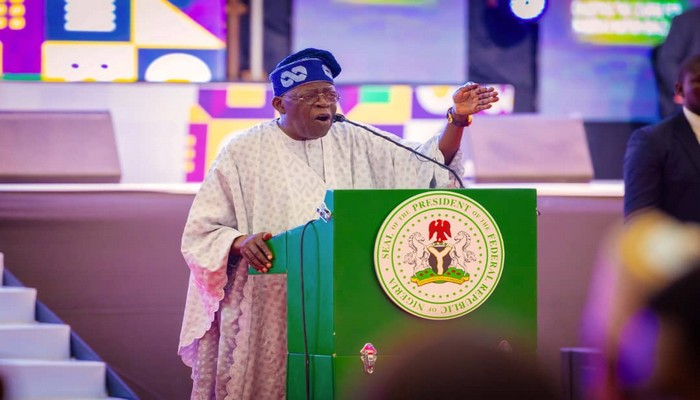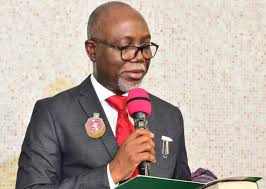
The Ministry of Communications, Innovation, and Digital Economy has launched ‘Project 774 LG Connectivity,’ an initiative designed to address limited internet and digital access by connecting all 774 Local Government secretariats across Nigeria to the internet.
The supervising Minister of the Ministry, Dr. Bosun Tijani, announced the project’s launch on Monday. Tijani said the project, which will be co-anchored by the Nigerian Communications Satellite Limited and Galaxy Backbone, is aligned with President Bola Ahmed Tinubu’s Renewed Hope Agenda and the ministry’s strategic blueprint.
He added that the project’s overarching goal is to foster inclusive development and access to digital public infrastructure in government offices located all over Nigeria, including the most remote areas of the country that may have been previously underserved or unserved.
Announcing the launch of the project via a post on X, Tijani said the connectivity program will not only increase digital access but also create at least 300 jobs.
“Project 774 LG Connectivity will create at least 300 direct jobs as we deploy nationwide and potentially more jobs indirectly from the increase in digital access. It is also aligned with our Ministry’s Strategic Blueprint and is a significant step in achieving President @officialABAT’s mandate to deliver efficient public service to our citizens at the LG level,” he said.
The Minister added that through strategic partnerships and the deployment of cutting-edge technology, Project 774 LG Connectivity will provide local governments with reliable and affordable internet access and resources required to deliver efficient public services, promote transparency in service delivery, stimulate economic growth, and improve citizen engagement.
“The implementation of this project is expected to drive transformation and unlock opportunities that will deliver sustainable development for all, through the power of connectivity,” he added.
The Minister had recently announced plans to deploy internet connection across all government institutions in the country to stimulate demand and encourage more investment in broadband infrastructure. According to him, many operators are not willing to lay fibre in many parts of the countries outside the major cities because of low demand.
“The reason why we’re not there yet as a country is that private companies will tell you that there are parts of Nigeria that if they invested and put fibre optic cable, there are not enough customers there to bring a return on investment,” Tijani stated in a recent interview.
In addressing this concern, Tijani said the Ministry was working to ensure that all public institutions across the country are connected to stimulate internet demand and consumption. The institutions being targeted include schools, hospitals, government offices, libraries, and markets, among others. According to the Ministry, the purpose of the Alliance is to tackle the low and non-consumption challenge and its resultant poor return on investment (ROI) in the nationwide fibre network.







